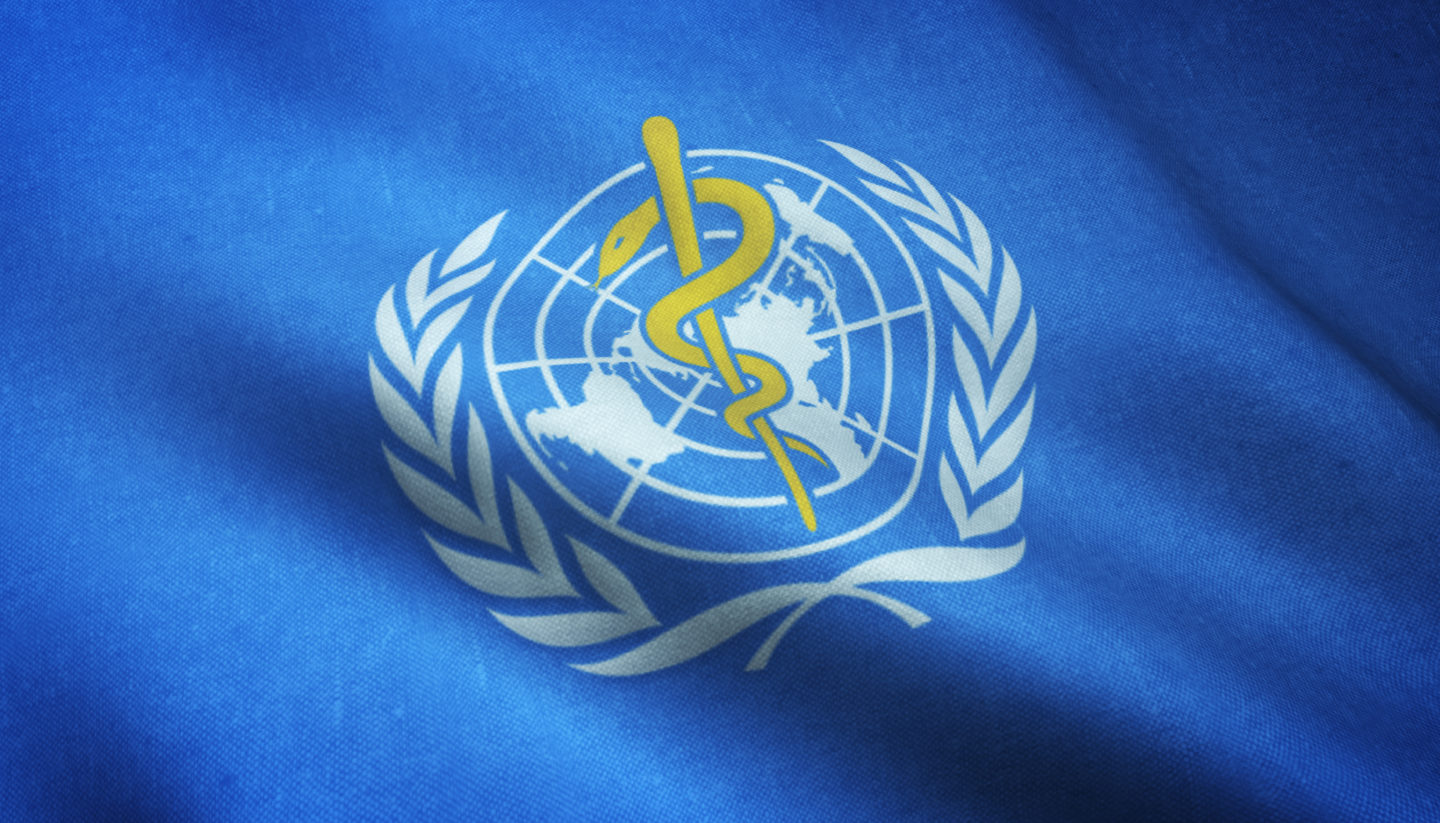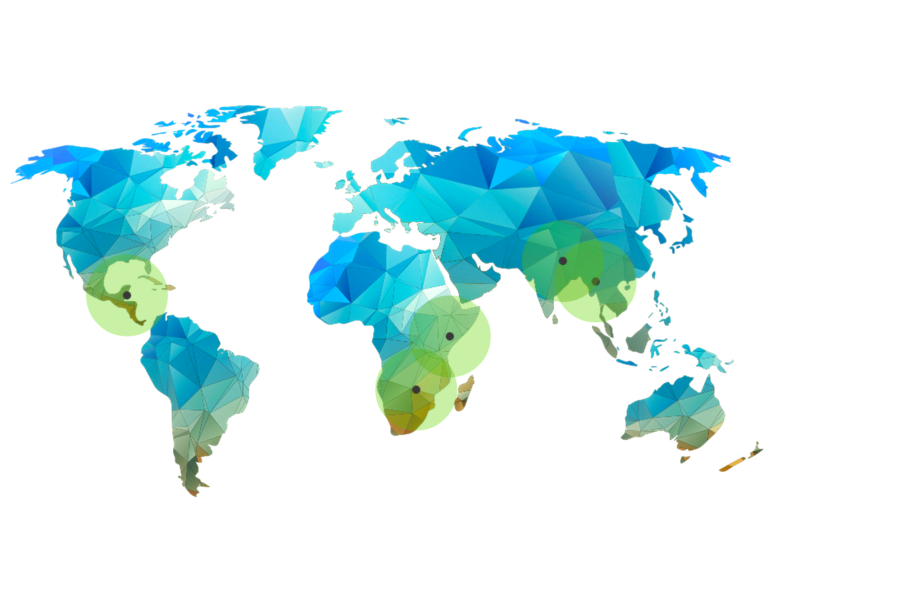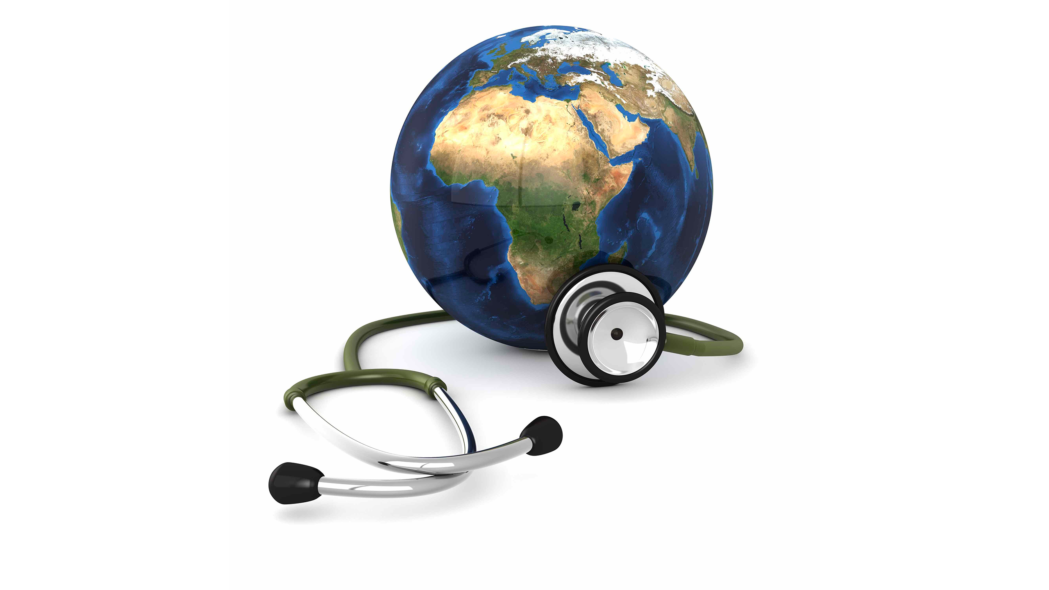MedTech Europe works closely with global organizations whose activities affect the medical devices and In Vitro diagnostic medical devices sectors, including:
EU institutions
- European Commission
- European Parliament
- EU Delegations in third countries
International organisations
- G7 & G20, forums bring together the Heads of State and government of the world’s leading industrial countries.
- World Health Organization (WHO), which develops policies to tackle chronic and infectious diseases, manage outbreaks and improve access to diagnostics. It also sets key standards and guidelines to support the development of health systems and policies. The WHO also manages the Prequalification of In Vitro Diagnostics programme.
- Expert Committee on Biological Standardisation (ECBS) of the WHO, which provides recommendations and guidelines for the manufacturing, licensing and control of blood products and related in vitro diagnostic tests along with the establishment of WHO Biological Reference Materials.
- The Organisation for Economic Co-operation and Development (OECD), which establishes evidence-based international standards and works to find solutions to social, economic and environmental challenges.
- World Trade Organisation (WTO), which deals with the rules of trade between nations through WTO agreements.
- World Intellectual Property Organisation (WIPO), which provides services that protects and promotes intellectual property across border and acts as a forum for addressing cutting-edge intellectual property (IP) issues.
Regulatory Convergence platforms
- International Medical Device Regulators Forum (IMDRF), which gathers key regulatory bodies with the aim of facilitating the global harmonization and convergence of rules on medical devices. Harmonization and convergence can help both patients and manufacturers by way of ensuring that basic test standards are the same wherever in the world they are deployed, streamlining the development of new products and ensuring a faster access to medical treatments.
- Global Harmonization Working Party (GHWP), which groups experts from the MedTech regulatory authorities and industry with the goal to study and recommend ways to harmonize global medical device regulations.
Humanitarian assistance
- UNITAID,which uses innovative financing to increase funding for greater access to treatments and diagnostics for major diseases such as HIV/AIDS, malaria and tuberculosis in low-income countries.
- United Nations Children’d Fund (UNICEF), which works around the world in areas such as maternal, newborn and child survival and well-being.
- International Committee of the Red Cross (ICRC), which ensures that people affected by conflict can get basic health care that meets universally recognized standards.
International partnerships
- Global Fund, which focuses on AIDS, TBC and Malaria, and has a specific diagnostic programme.
- The Pandemic Fund, a multilateral financing mechanism dedicated exclusively to strengthening critical pandemic prevention, preparedness, and response (PPR) capacities and capabilities of low- and middle-income countries.
NGOs and foundations
- Foundation for Innovative Diagnostics (FIND), which seeks to ensure equitable access to reliable diagnosis around the world, with a focus on HIV, Tuberculosis, Human African Trypanosomiasis (sleeping sickness), Leishmaniasis and Chagas Diseases (American Trypanosomiasis).
- Global Fund, which focuses on AIDS, TBC and Malaria, and has a specific diagnostic programme.
- Fondation Mérieux, which fights infectious diseases affecting vulnerable populations in developing countries.
- Médecins Sans Frontières (MSF), which is active in the areas of HIV, TB, tropical diseases.
- Bill and Melinda Gates Foundation, which also addresses global health challenges.






